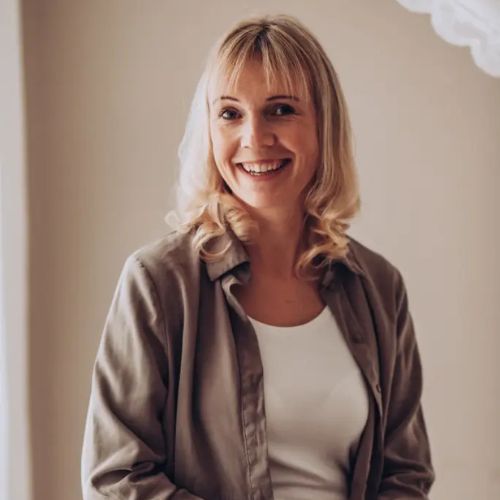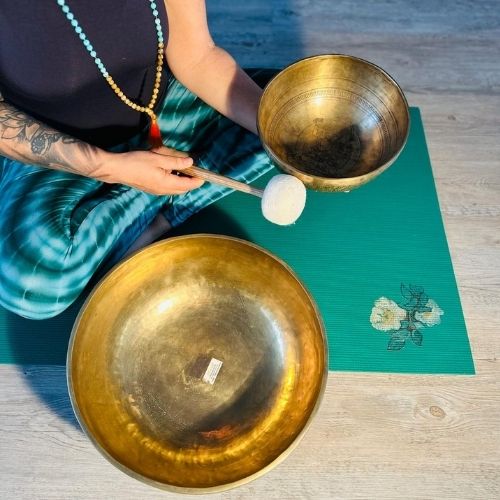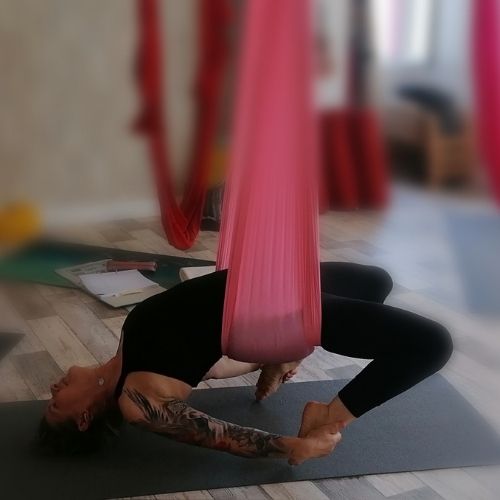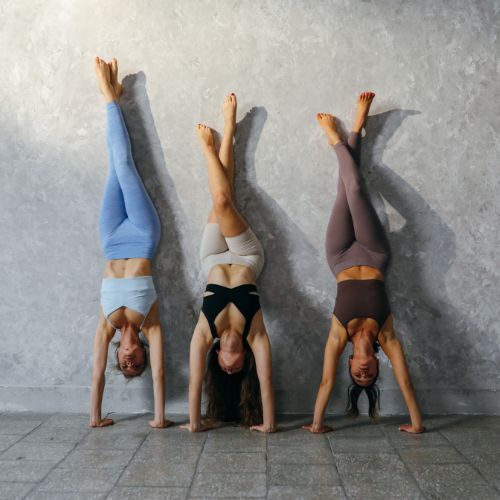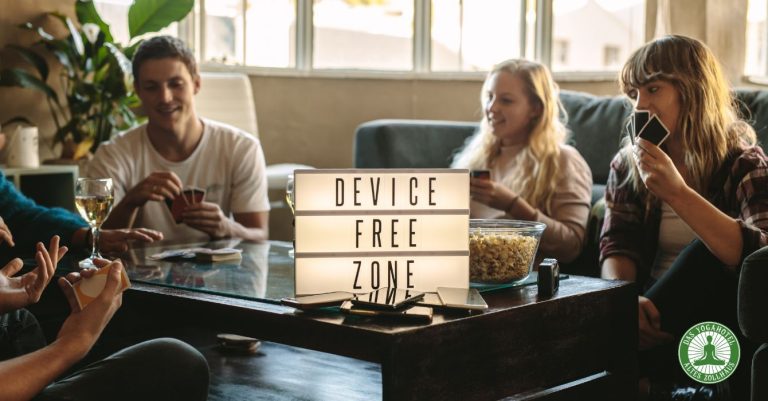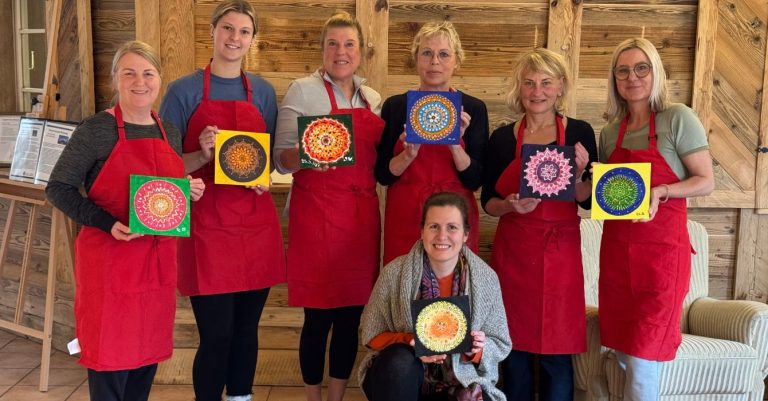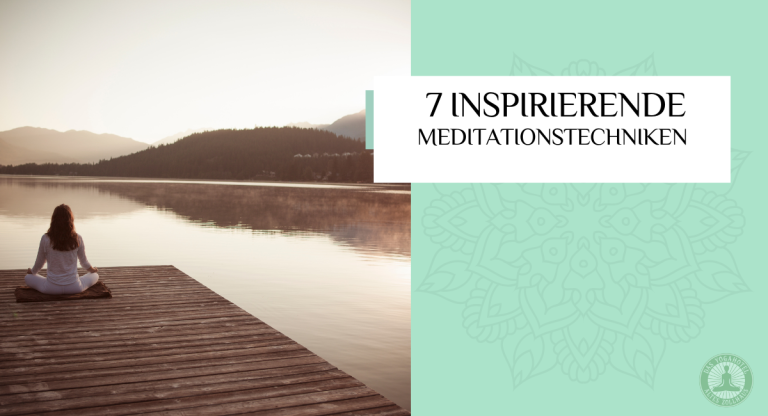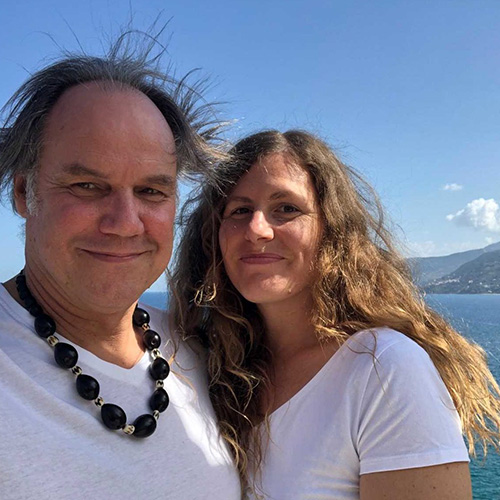Introduction: Why yoga can enrich your life
Imagine finding a place of peace in the midst of hectic everyday life - a place where you can calm down, recharge your batteries and get to know yourself better. That's exactly what yoga is: more than just exercise, it's a journey to yourself.
Millions of people around the world swear by the power of yoga to relieve stress, strengthen the body and clear the mind. Whether you're stressed, tense or simply curious - yoga can change your life in ways you may not even realise.
Part 1: The basics - why yoga has something for everyone
Yoga is as versatile as the people who practise it. It doesn't matter how old you are, how sporty or flexible - yoga is suitable for everyone. There are countless styles, from gentle, meditative forms to dynamic, powerful variations. Are you looking for relaxation? Yoga can do that.
Want to burn off some energy? Yoga can do that too. It's a practice that adapts to your needs - not the other way round.
The philosophy behind yoga: more than just exercise
The roots of yoga lie deep in Indian philosophy. Yoga is one of the six orthodox schools (darshanas) of Indian philosophy and is mentioned in classical scriptures such as the Upanishads and the Bhagavad Gita. The eight limbs of yoga, as described in Patanjali's Yoga Sutras, include ethical principles, physical exercises, breathing techniques and stages of meditation that lead to liberation (moksha) or enlightenment.
Part 2: First steps - How to start your yoga journey
Find the right yoga style
As a beginner, the variety of yoga styles can be overwhelming. Do you want it to be gentle and relaxing? Then yin yoga might be right for you. Or are you looking for something more dynamic? Vinyasa or Hatha Yoga might suit you.
It is important that you don't overstretch yourself. A good instructor can help you get started and perform the exercises correctly.
What you need to get started
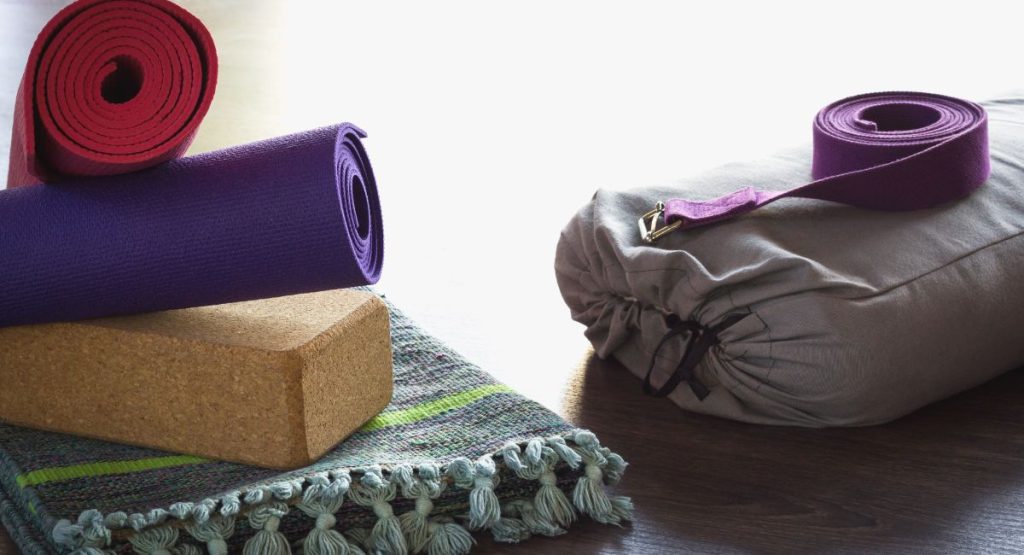
You don't need much to get started with yoga: a non-slip mat, comfortable clothes and perhaps a yoga block or strap. These aids can help you to master poses that are difficult at first.
It is important that you feel comfortable and can concentrate fully on your practice.
Part 3: Simple exercises to get you started
Asanas for beginners
Start with simple poses such as the cat-cow exercise, which mobilises your spine, or warrior II, which builds strength and stability. These exercises are perfect for getting a feel for your body and slowly building up your practice.
Breathing and meditation: the key to relaxation
Breathing is at the heart of yoga. Simple techniques such as alternate breathing (Nadi Shodhana) can help you to reduce stress and centre yourself. Meditation doesn't have to be complicated either: just a few minutes of silence or consciously observing your breath can work wonders.
Part 4: Mastering challenges - tips for beginners
Overcoming physical and mental hurdles
In the beginning, yoga can be challenging - both physically and mentally. You may lack the flexibility or patience. But remember: yoga is not a competition. It's about getting to know yourself and celebrating small steps forward.
Every body is different and every day is different. Be patient with yourself.
Tip: Create your own yoga oasis
Set up a place where you can practise undisturbed. Whether it's a corner of the living room or a room of your own - a yoga mat, a candle or an inspiring picture can help you to relax and concentrate fully on your practice.
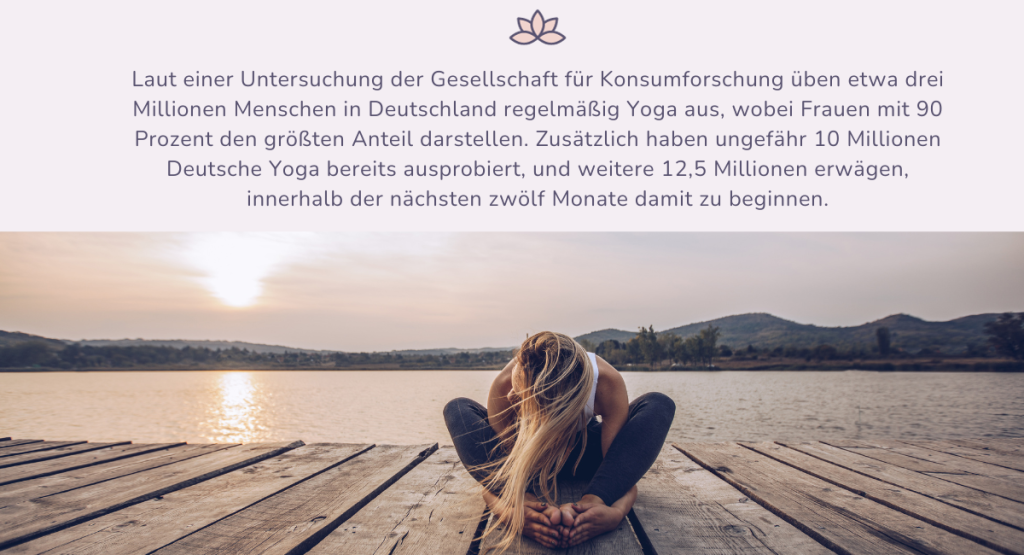
Part 5: Keep at it - How to make yoga a habit
Regularity is the key
Yoga works best if you practise it regularly. Even a few minutes a day can make a big difference. Integrate yoga into your everyday life, for example as a morning routine or as a balance after work.
Tip: Use yoga apps for inspiration
There are numerous apps that offer you daily yoga routines, meditations and breathing exercises. They are perfect for finding new inspiration and deepening your practice. Many apps also offer the option of tracking your progress - this can motivate you to keep going.
Part 6: From beginner to advanced - how to develop yourself further
Recognising progress
Progress in yoga is not only reflected in physical fitness. Pay attention to how you feel: Are you more relaxed? Are you sleeping better? Do you feel more balanced in everyday life? These are the real signs that yoga is working.
Resources for your further education
There are countless ways to expand your knowledge - from online courses to books and workshops. Classics such as "Light on Yoga" by B.K.S. Iyengar or "The Heart of Yoga" by T.K.V. Desikachar are great places to start. Online platforms such as Yoga Journal or Gaia also offer a wealth of classes for every level.
Yoga dates with friends
Why not practise yoga together with friends? Whether online or in person - shared experiences are not only fun, but also motivating. Together you can support each other and find new inspiration.
Conclusion: Yoga is more than a practice - it's a way of life
Yoga is a gift that you can give yourself. It helps you to find peace in the chaos of everyday life, strengthen your body and clear your mind.
Whether you are a beginner or have been practising yoga for some time, it always offers new opportunities to develop yourself further. So roll out your mat, take a deep breath and start your journey. Your body and mind will thank you for it.
Tip: Stay curious and have fun!
Yoga is a lifelong journey. Try out new styles, experiment with breathing techniques and be inspired by the diversity of yoga. Because in the end, it's not about being perfect, but about getting to know yourself better and arriving in the moment.
You can book a very nice trip here, Yoga, nature and you.
FAQ: Frequently asked questions
What do I need to get started with yoga?
You don't need much to start yoga: a non-slip yoga mat, comfortable clothing and possibly aids such as a yoga block or belt. The important thing is that you feel comfortable and have a quiet place where you can practise undisturbed. To get started, a guided online class or a yoga app will also suffice to inspire you.
Which style of yoga is best for beginners?
Gentle styles are suitable for beginners, such as Hatha Yoga or Yin Yogaas they are performed slowly and mindfully. These styles help you to learn the basics and develop a feeling for your body. If you are looking for something more dynamic Vinyasa Yoga a good choice. Just try out what feels best for you!
How often should I practise yoga as a beginner?
As a beginner, it is sufficient to practise 2-3 times a week for 20-30 minutes. Regularity is more important than the duration of the practice. Over time, you can increase the frequency and length of your sessions. Listen to your body and don't practise too intensively to avoid overexertion.
Can I do yoga if I'm not flexible?
Absolutely! Yoga is not just for flexible people. On the contrary: yoga helps you to slowly improve your flexibility. It's not about being perfect, but about getting to know your body better and making progress step by step. Everyone starts small - even the most experienced yogis!
What are the biggest benefits of yoga for beginners?
Yoga offers numerous benefits:
-
PhysicalImproves flexibility, strength and posture.
-
MentalReduces stress, promotes concentration and inner peace.
-
EmotionalHelps to reduce anxiety and boost self-confidence.
-
SpiritualPromotes mindfulness and a better understanding of yourself.
So yoga is not just a workout, but a holistic approach to a healthier and more balanced life.
Buchinger Fasten im Erzgebirge
Vom 06.09. - 12.09.2026
Yoga Klang Retreat
vom 20.03. - 22.03.2026
Aerial Yoga im Erzgebirge
Vom 05.06. - 07.06.2026
Holistic health with alkaline fasting and yoga: body, mind and soul in balance
Vom 04.10. - 09.10.2026
Digital detox weekend at the Zollhaus – time for yourself. No screens. Just nature.
Vom 17.04. - 19.04.2026
Digital detox weekend at the Zollhaus – time for yourself. No screens. Just nature.
Vom 06.03. - 08.03.2026


